
JANUARY 2020 (VOL.149)
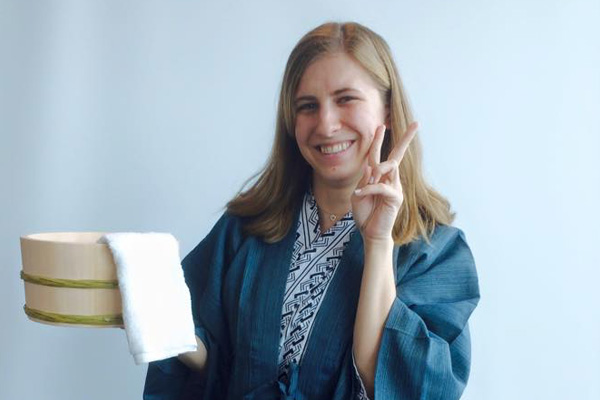
You climbed Mt. Fuji! How was it?
It was my first mountain to climb, so I didn’t know what to expect, but it was an amazing experience! I climbed with my graduate school seminar classes, and a good friend of mine, so it was very rewarding to enjoy the sunrise with my professor and classmates. However, as they say in Japanese: “A wise man will climb Mt Fuji once; a fool will climb Mt. Fuji twice.”
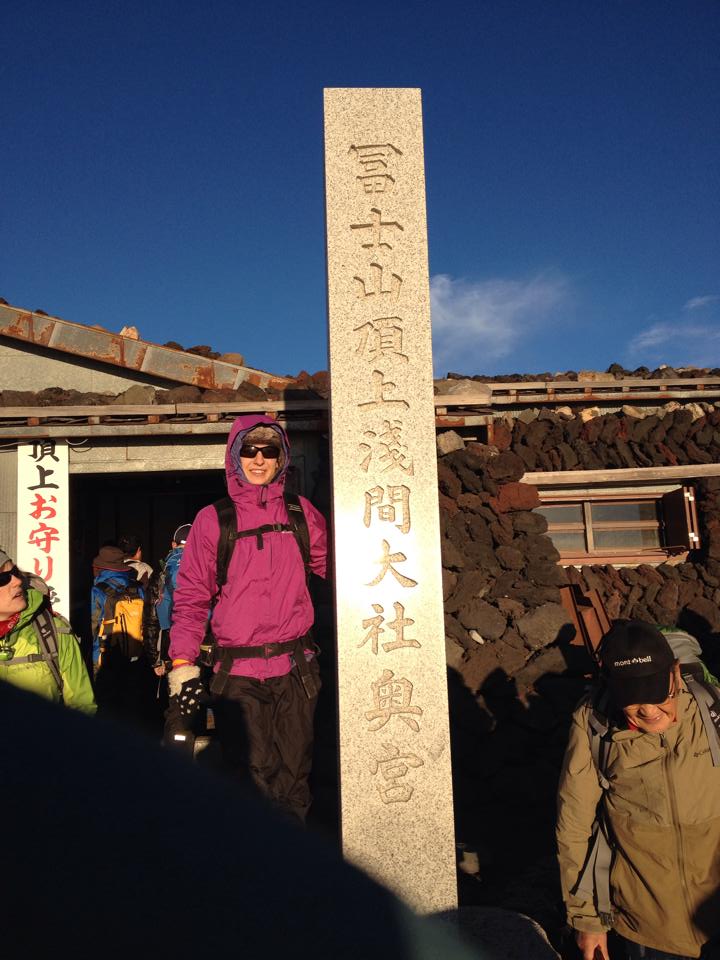

What was the difference between American baseball games and Japanese ones?
Baseball is not one of my favorite sports in the US, but I wanted to go out and support my former employer’s team. My favorite part was chatting with the ladies who sell beer and snacks. They carry 13-15 kg (28-33 lb.) of beer and snacks, walking up and down the bleachers! The biggest difference in Japan is that you see tons of men in suits who just got off work and want to go out and enjoy the game with their colleagues.
What do you do in Japan?
I am currently doing a large-scale IT project by coordinating among teams around the world. Since I work at headquarters of a Japanese company, we coordinate various projects with the branch offices, and have programmers in other countries, such as India and Vietnam. Due to this project and other work, I am often traveling abroad for meeting teams face-to-face. I love the fact I can live in Japan, but also go around to other countries; the best of both worlds!
What is the distinctive difference between US and Japanese lifestyle?
One of my biggest pet peeves in the US is wearing shoes in the house (imagine all the gunk on your shoes while you play on the floor with your kids!), so I am very glad we take our shoes off in the house in Japan. Also, public transportation is extremely accessible in Japan, where you don’t have a strong reliance on a car, like you do with the US.
What do you find different about living in Japan over the term compared when you first arrived or come as a tourist?
I have never visited Japan as a “tourist,” but have been here as either a short-term study abroad student (3 months), long-term student (2 years), or as a full-time worker. I think there is a huge honeymoon phase when you get here either as a student or tourist because this country is so polite and welcoming. When you start to work, you will face a whole level of complications, especially as an obvious “gaijin,” or foreigner. It took a while for me to adjust to the rigorous work culture, but it is far beyond rewarding once I started to understand the way of life here.
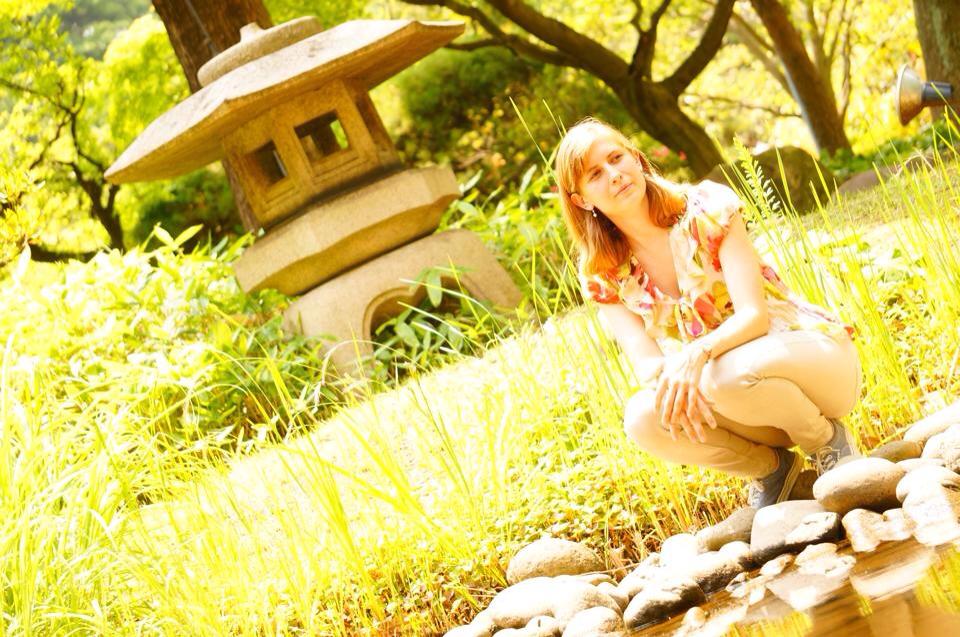
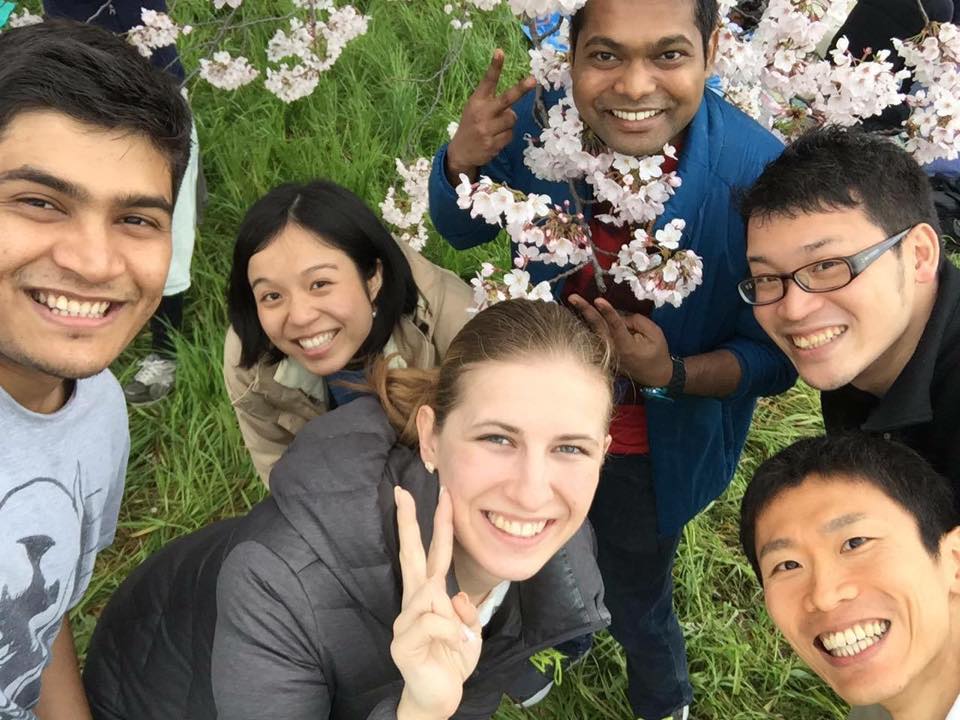
What do you appreciate most about Japanese culture?
Although some people may view it as hiding their true nature with their politeness, this is something I really wish more Western countries would learn, especially around customer service. There are times where Japanese will express their true feelings, but they understand when is the appropriate time, and when you should hold back and show politeness, even when you don’t want to. Also, some people may find it old-fashioned, but I like the idea of serving food at dinner or tea with visitors. Showing compassion to your guests or superiors is a way of expressing kindness, so I am glad to have learned this from my host family.
Would you like to continue to live in Japan for the rest of your life?
My plan is to stay in Japan the rest of my life, unless something comes up where I need to relocate for work. Once you get the hang of the lifestyle here, it is such an easy country to live in, with the convenience of many things. Although there are definitely ups and downs, especially as being non-Japanese, I still think it is a great lifestyle and group of people to be around.
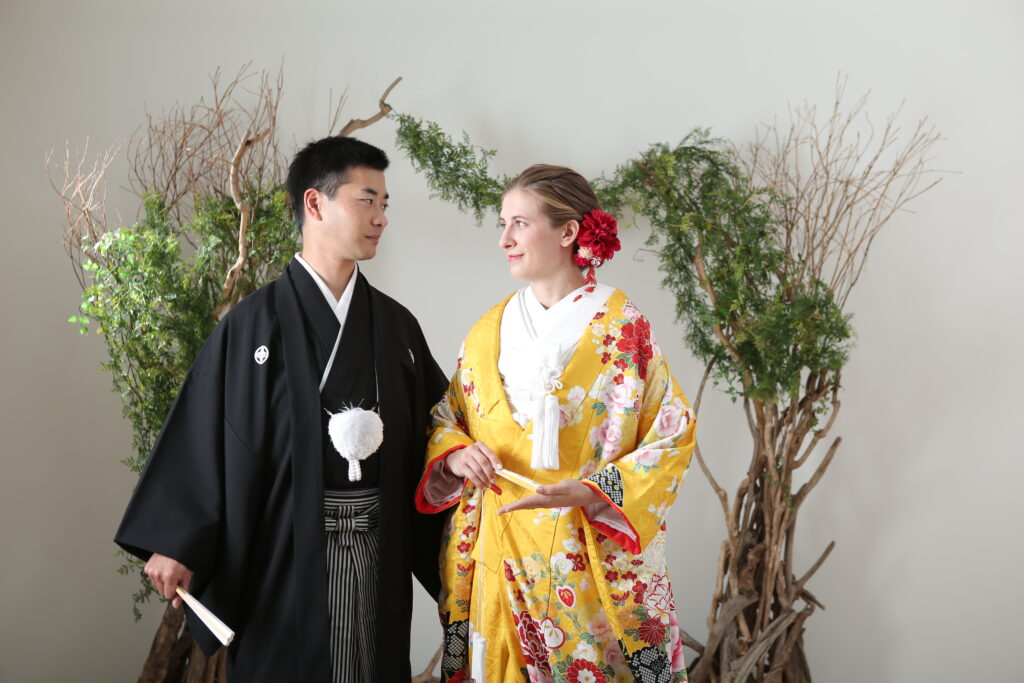
V



